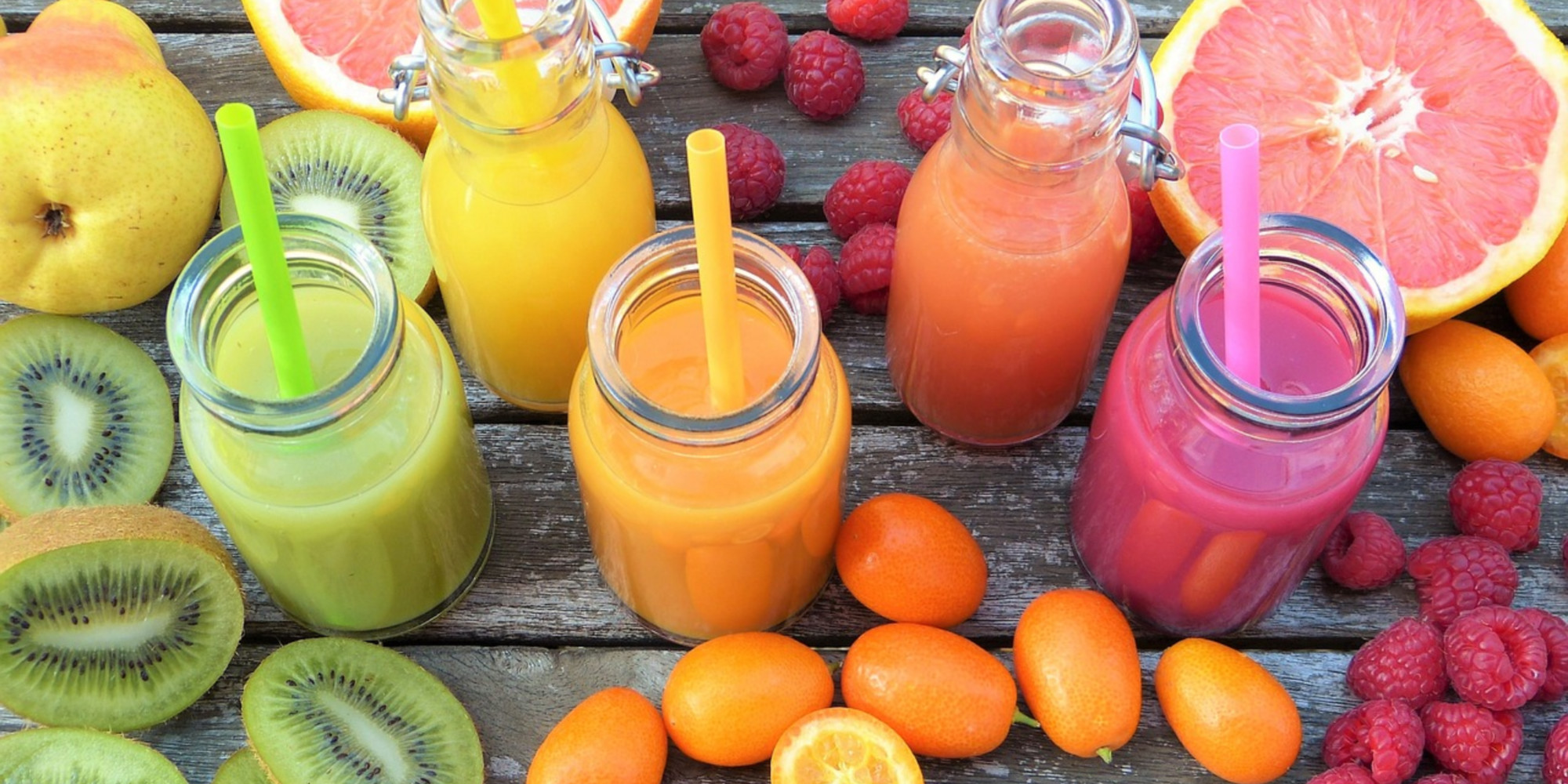Alexandre Dalifard / Photo credit: Pixabay 18:09 pm, June 08, 2023
People are advised to consume at least five fruits and vegetables per day. But the consumption of these plants also has several benefits before and after intense physical activity. Thanks to antioxidants and vitamins, of which these foods are abundant, athletes recover better and feel less fatigue.What if you mixed fruits and vegetables with sport? Physical activity is good, but feeling fit during and after exercise is even better. And for that, fruits and vegetables are there. These foods have benefits for the body, especially for recovery after a sports session. For the occasion, columnist Amélie Escourrou, guest on the show Bienfait pour vous, details all the benefits of consuming fruits and vegetables in addition to physical activity.
Fruits and vegetables source of antioxidants
"For starters, I brought you a small strawberry, blackcurrant, cherry and beetroot smoothie, ideal if you need energy. This drink is almost the same as the one that Venus Williams drinks every morning, "says the columnist addressing Julia Vignali and Mélanie Gomez. If the American tennis legend consumes this smoothie, it is not simply because it is delicious, but because this miracle drink will allow him to play better, recover better and suddenly, feel less tired after training. "This, thanks to antioxidants that are very valuable for athletes. When you make a physical effort, you increase your oxygen consumption to produce energy. And at first, it stresses the body which begins to produce what is called oxidative stress. In excess, it becomes really harmful, "warns Amélie Escourrou at the microphone of Europe 1.
>> READ ALSO - EUROPE 1 AND YOU - "Five fruits and vegetables a day": young people eat three times less than their elders
This oxidative stress will slow down recovery, create pain, fatigue and in the long term, it is suspected of weakening the immune defenses and even promoting the appearance of diseases such as diabetes, cancer or cardiovascular disease. "Nature is well made because these antioxidants, there is a part that the body makes itself and everything else (Vitamin C, E, A, K, beta carotene...) is found in our diet, in most of the plants we consume, "says the columnist.
Avoid dietary supplements
On the other hand, it is common to see many athletes take these antioxidants as dietary supplements. It could be tempting to consume them in this way because there is more in the tablet than on the plate and therefore the user thinks to have a greater protective effect. "In reality, the latest studies are formal. Not only do you not get the same beneficial effect when antioxidants come from tablets rather than plants. But we even get a negative effect that weakens performance and recovery," warns Amélie Escourrou.
>> READ ALSO - Sneakers made from fruit and vegetable peelings? It's possible!
Faced with this, researchers believe it is related to dosage. The diet, when rich in various plants, contains the right dose of antioxidants for the body, there is no risk of overdose. But in a dietary supplement there can be up to ten times the recommended dose. "So the solution is on the plate and even in the vegetable garden," says the specialist.
The advantages
The columnist specifies that it can be good to increase your consumption of fresh fruits and vegetables for at least three days before and three days after a major sporting effort. "This allows for better recovery and fewer muscle injuries such as cramps," notes Amélie Escourrou. She advises eating them raw, in the form of a smoothie like tennis champion Venus Williams, in order to preserve their vitamins.
"Then, try to choose them of all colors because each has its role to play and it is the complementarity that makes their strength," she concludes. For this, there are seasonal red fruits but also beetroot and pomegranate. Then greens like kiwis or spinach, oranges and yellows like carrots, mango, pepper or grapefruit, and even blues with blueberries.

